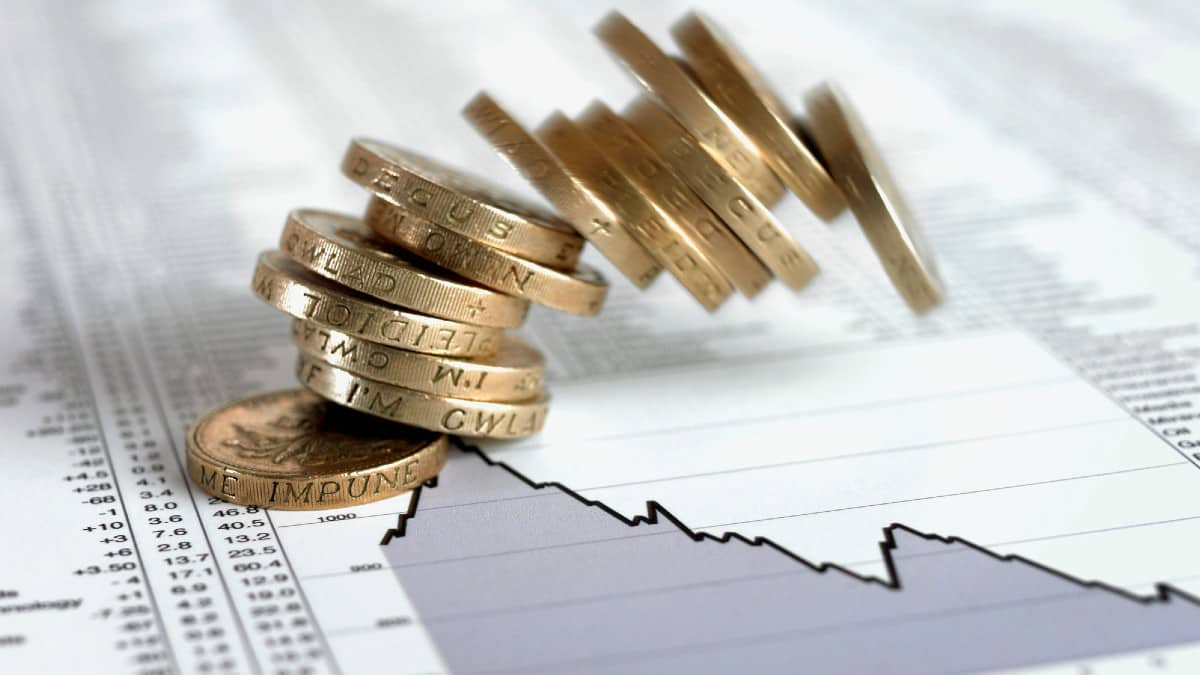Clean air advocate Johnson Matthey (LSE:JMAT) has made some exciting announcements in recent weeks. The FTSE 100 company is moving into battery and hydrogen tech. It also has several other interesting revenue streams. I last wrote about the stock in April when I was tempted to buy JMAT shares, but I haven’t taken the plunge yet.
Trading sideways
The Johnson Matthey share price has risen around 2% since then. Last year the JMAT share price fell 20%, but it has risen 89% since the market crash in March 2020. It’s now trading above its pre-pandemic price.
I think the fact the share price has already recovered could be putting investors off jumping in at this stage. However, I see growth opportunities ahead in several areas of the business.
Should you invest £1,000 in Orsted A/s right now?
When investing expert Mark Rogers has a stock tip, it can pay to listen. After all, the flagship Motley Fool Share Advisor newsletter he has run for nearly a decade has provided thousands of paying members with top stock recommendations from the UK and US markets. And right now, Mark thinks there are 6 standout stocks that investors should consider buying. Want to see if Orsted A/s made the list?
JMAT is the world’s largest secondary refiner of platinum group metals (PGM), it also creates enamels for strengthening car parts, emission control technologies, battery materials and pharmaceutical ingredients.
Clean air solutions
The company is mainly known for producing catalytic converters for exhaust systems in the traditional auto industry. We’re well aware climate change mandates are sending this industry into decline, but that doesn’t spell the end for Johnson Matthey’s business. Catalytic converters essentially make the air cleaner, so they’re still in high demand, certainly in the near term. And the company is making an effort to move into the electric vehicle market.
It recently announced plans to build a second battery plant in Finland. This will produce 30k tonnes of cathode products used in lithium-ion batteries, which are essential to the EV market.
Johnson Matthey makes moves to recycle PGMs
It’s also partnering with Plug Power, a green hydrogen company, to speed up joint development of high-performance electrolyser technology. I think this looks to be an exciting partnership boosting the credibility of both businesses. Together, they’re particularly focusing on developing a closed loop recycling system to recover and reuse as much critical PGM material as possible.
Recycling is vital in making the process more sustainable.
A well-established business
In its FY20/21 results, it said underlying sales and operating profit both fell 5%. While not great, this wasn’t as bad as feared, given Covid-19’s impact on car sales. A rise in commodity prices brought strength to its PGM division. Plus underlying operating profit in its Health division rose 15%. Overall, reported revenue increased 8% driven by higher average precious metal prices.
The board raised its dividend 26% year-on-year to 70p.
However, there are still risks attached to investing in this business. The company’s move into EV and hydrogen is uncharted territory and there are no guarantees it will succeed. But I do think it’s promising that such a specialist company is attempting to go down this route.
Despite its 2020 recovery, the Johnson Matthey share price is down 15% in three years. Yet it’s still trading on a price-to-earnings ratio (P/E) of 29, which looks high. But if it can pull off its EV angles, then I think it could have further to climb.
So we’re not talking about a classic undervalued stock, but it’s one that may still reward investors in the future. Johnson Matthey has a stellar reputation, earnings per share are 106p and its dividend yield is 2.2%. I think this is a great business to ride the energy transition wave and I’d happily add JMAT shares to my Stocks and Shares ISA.







